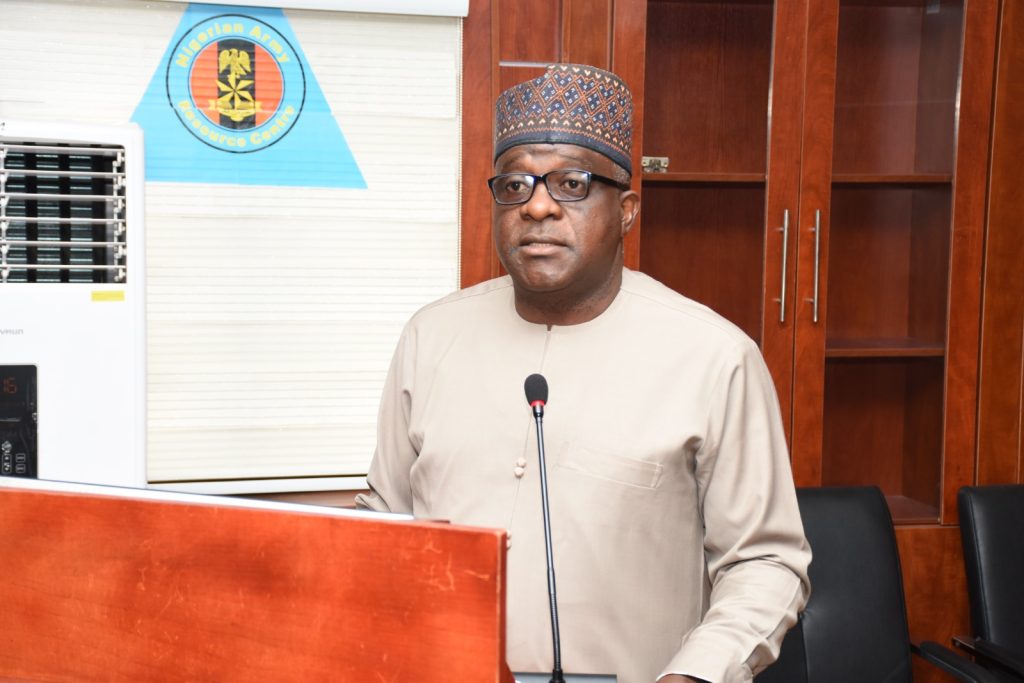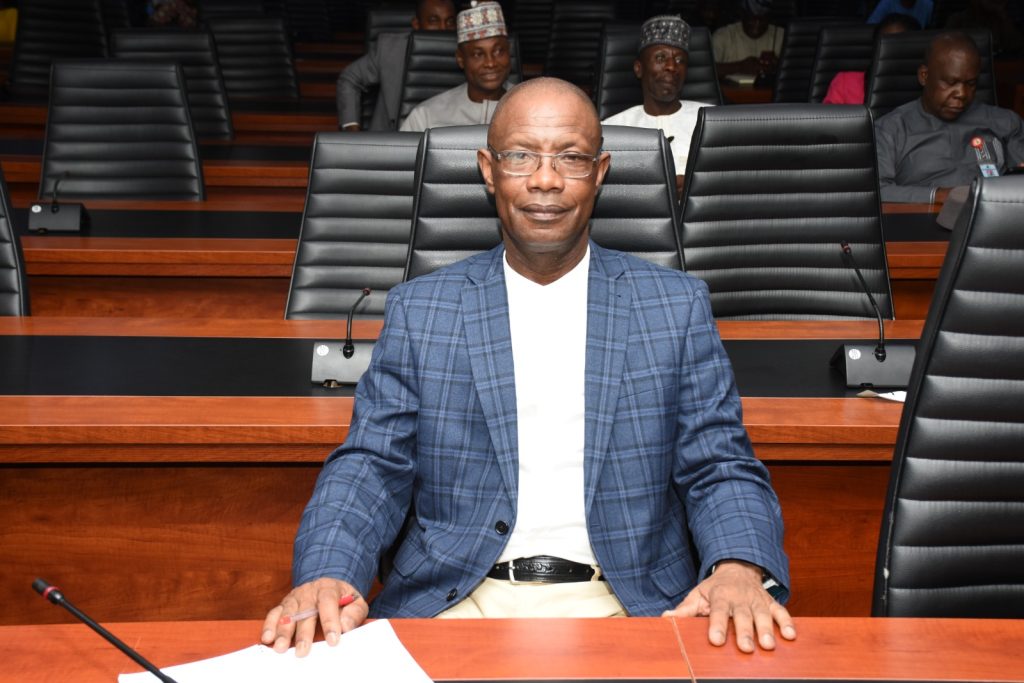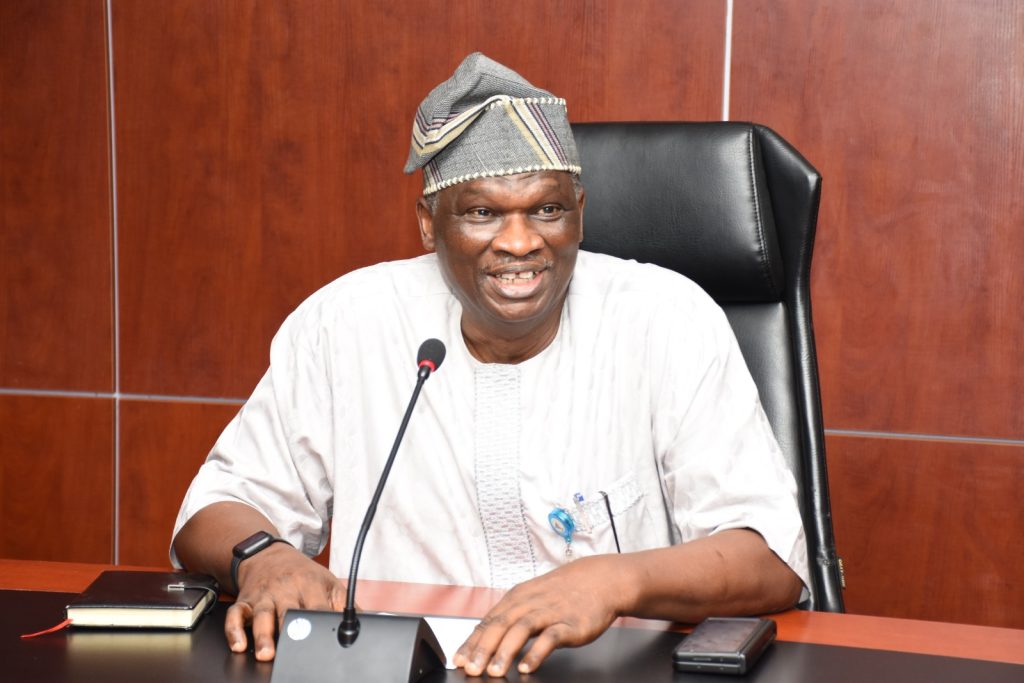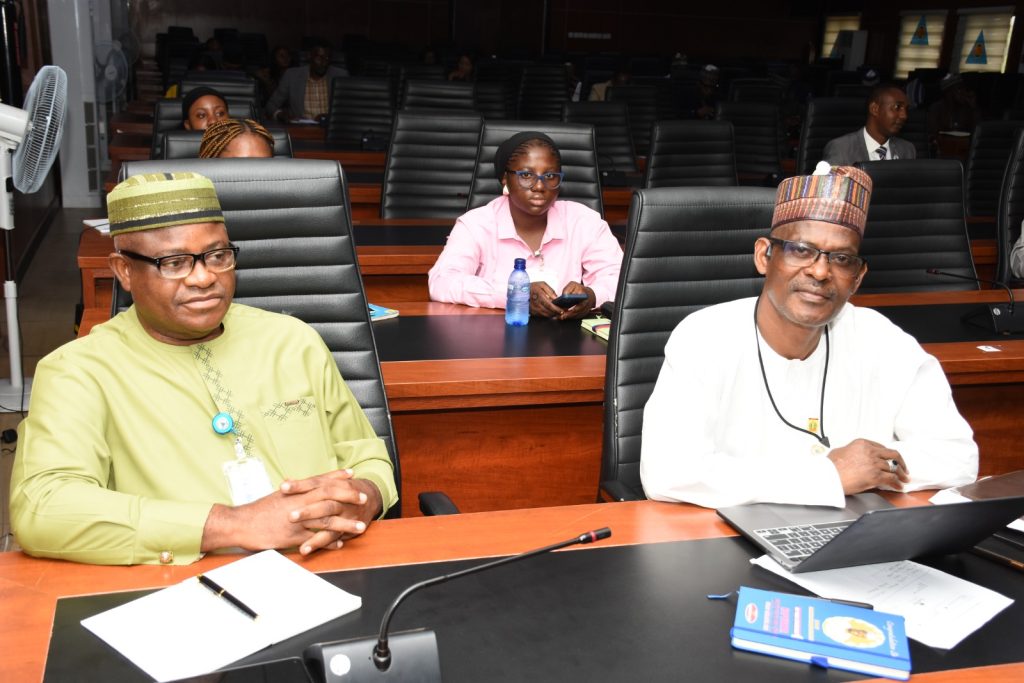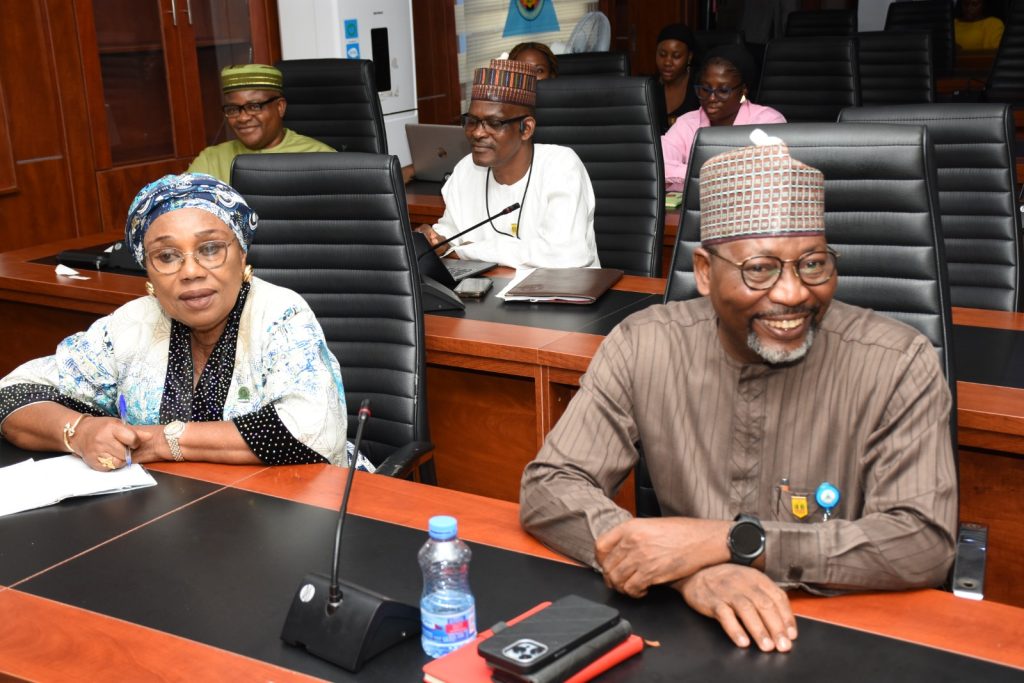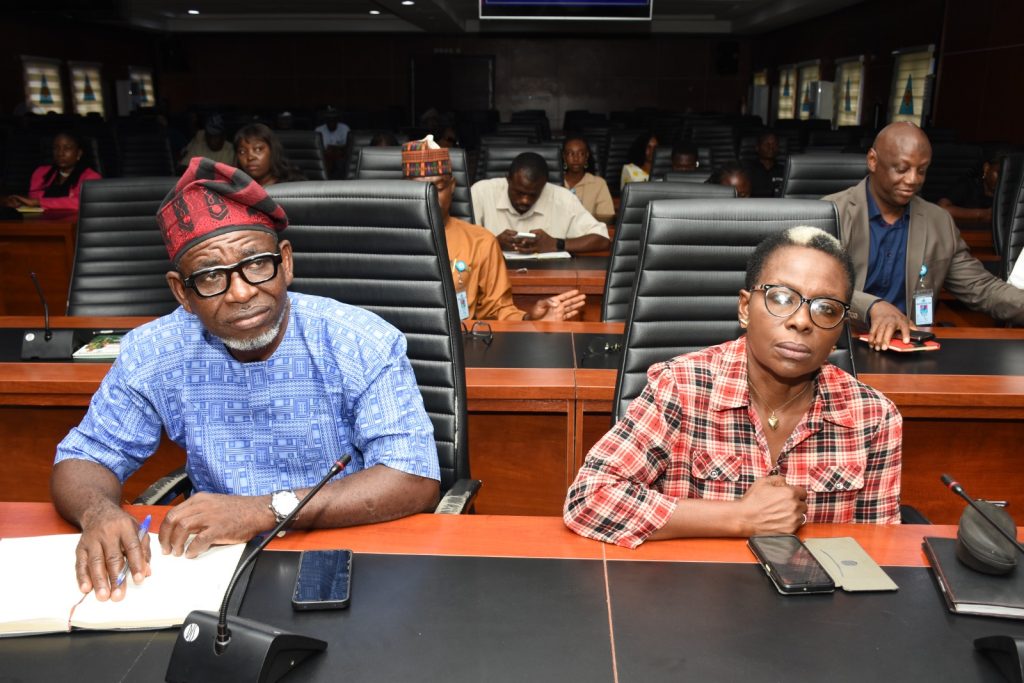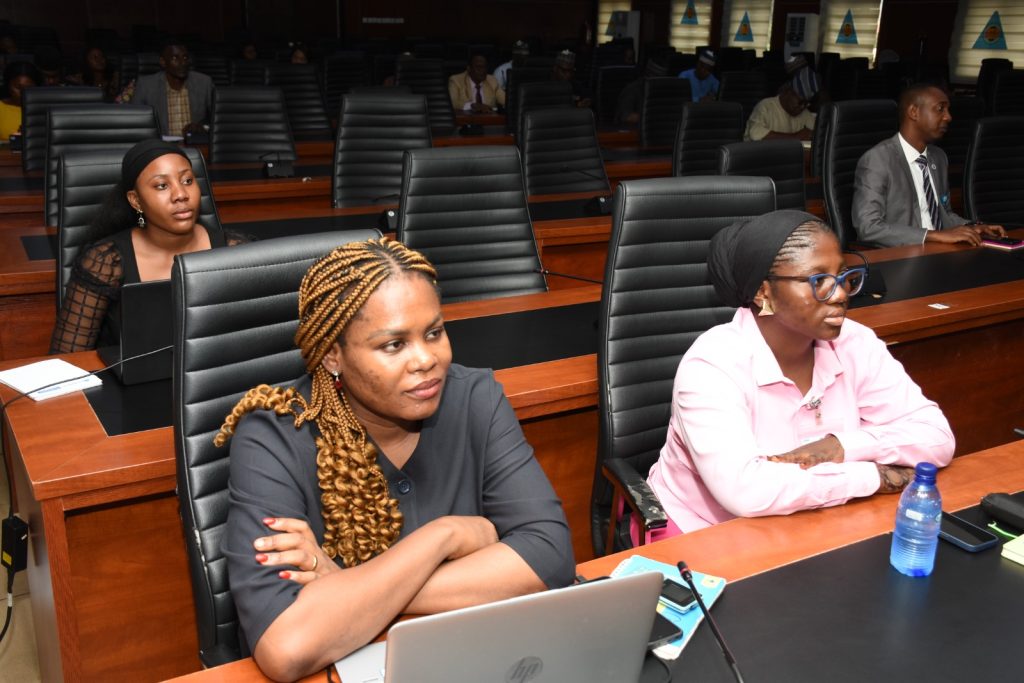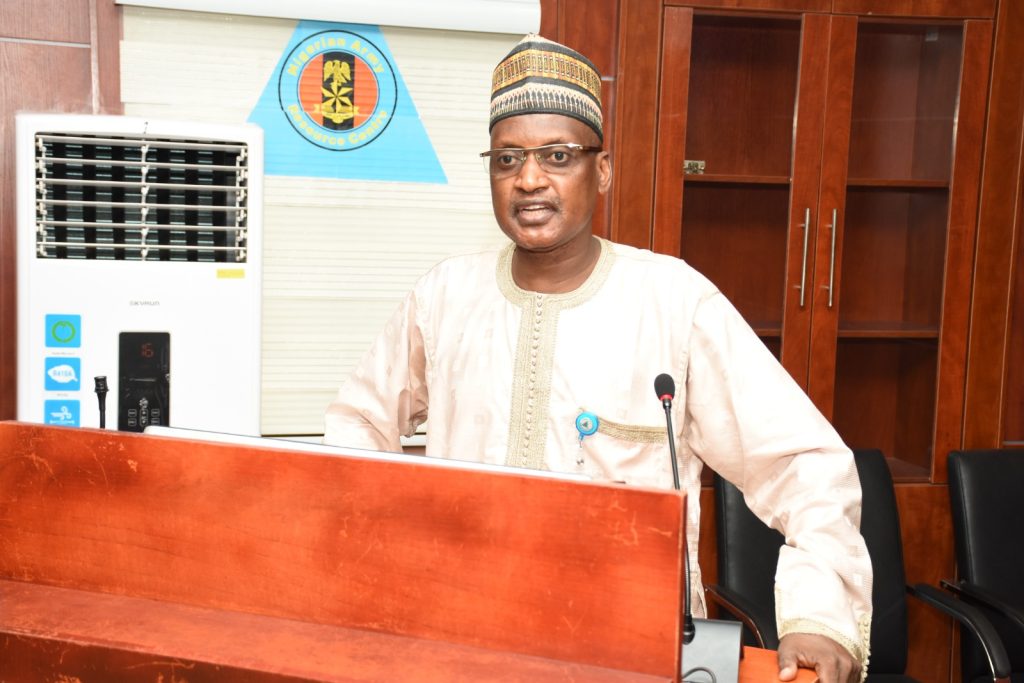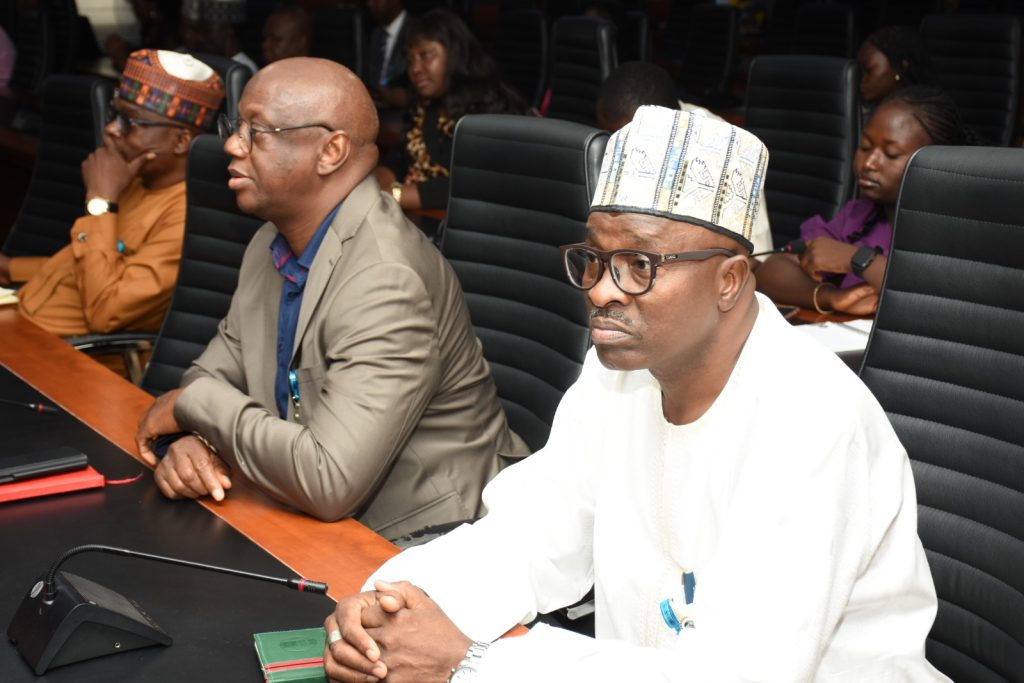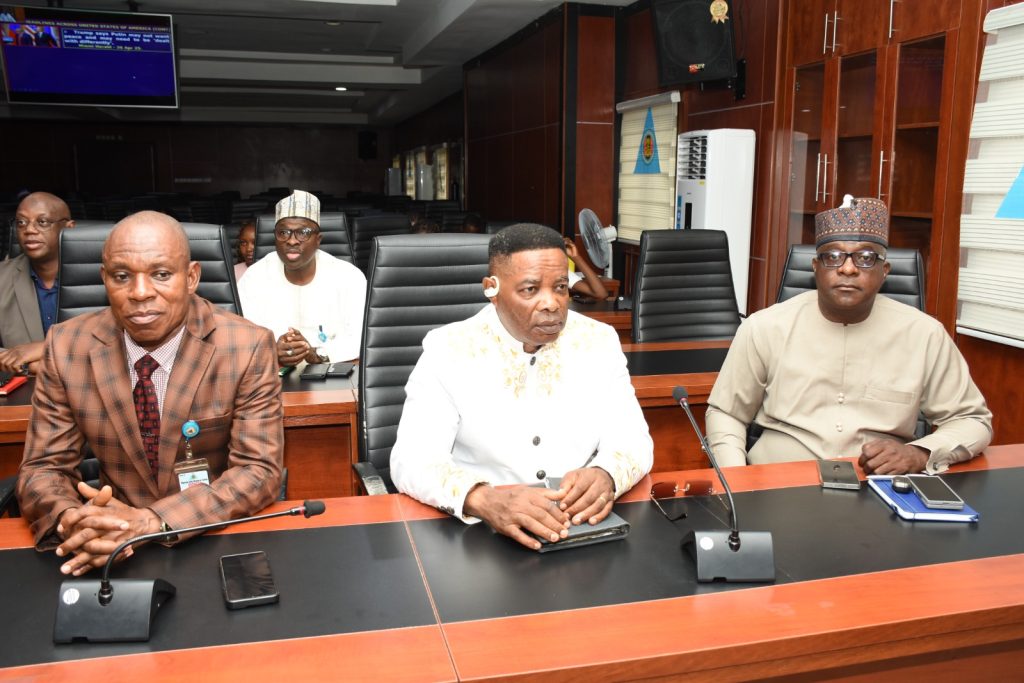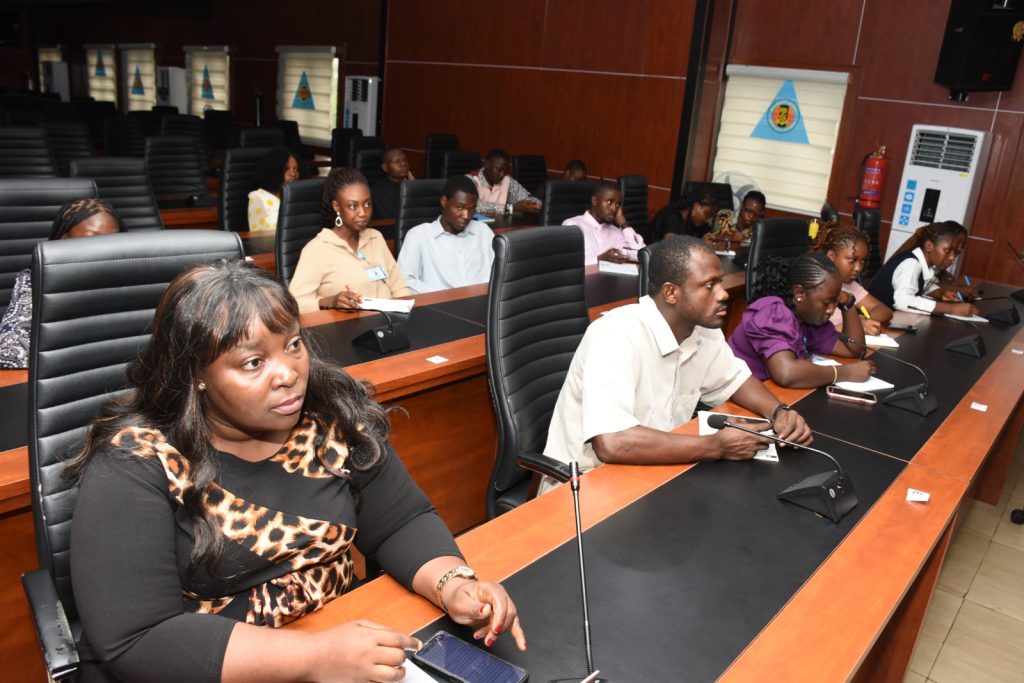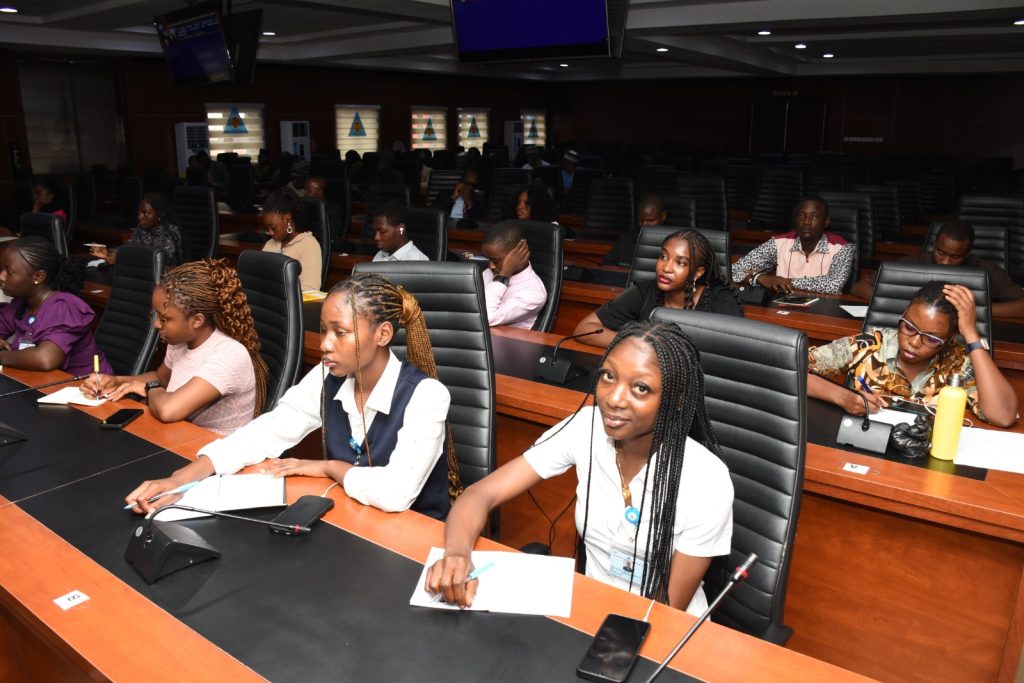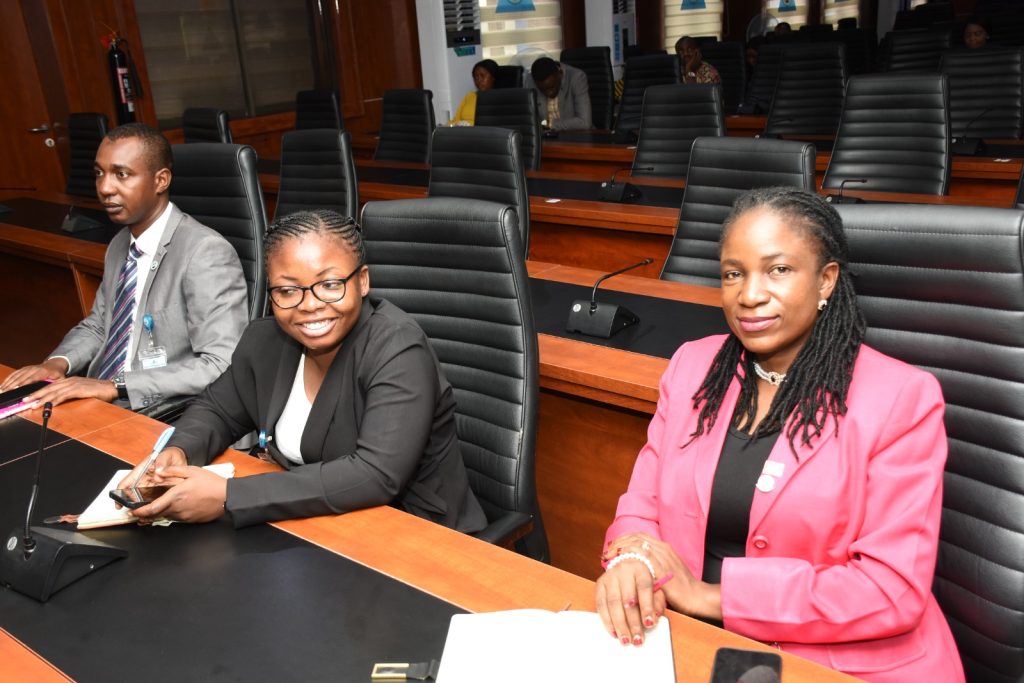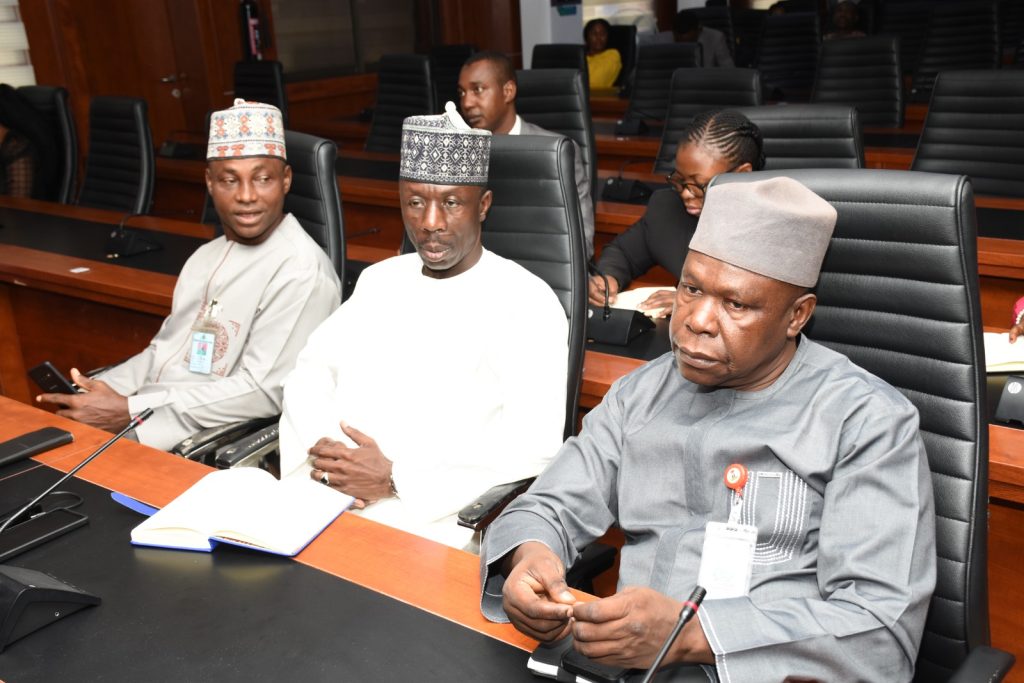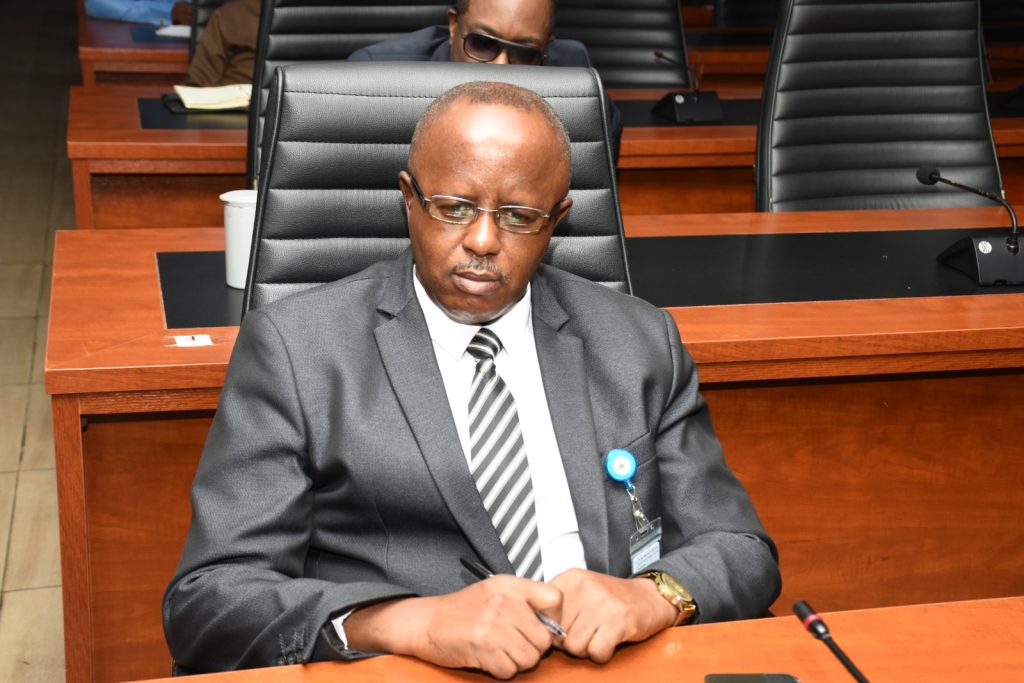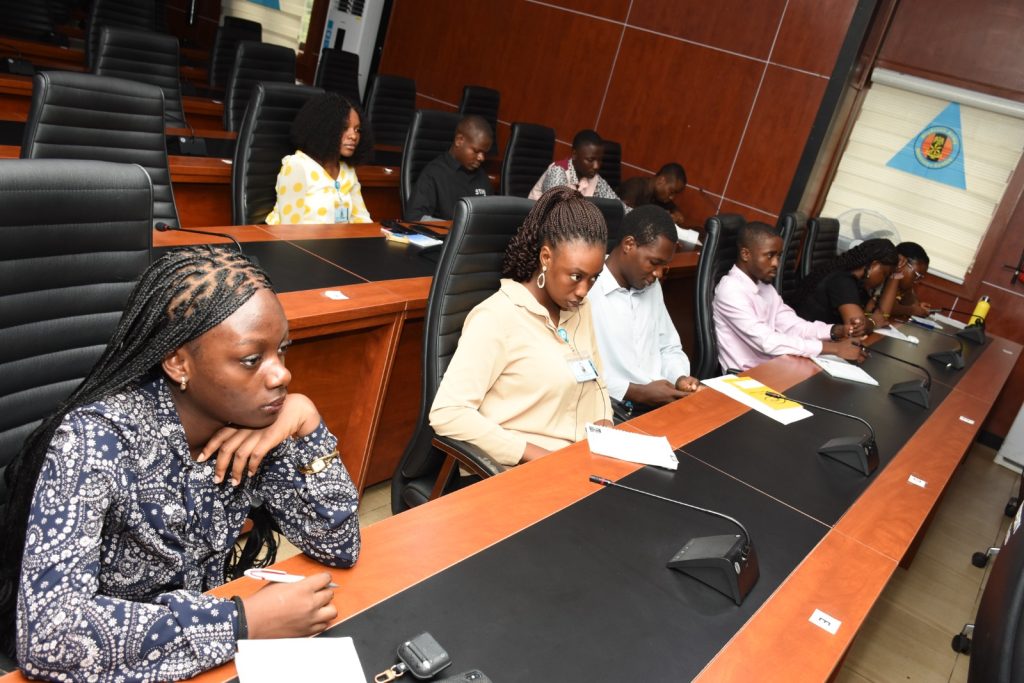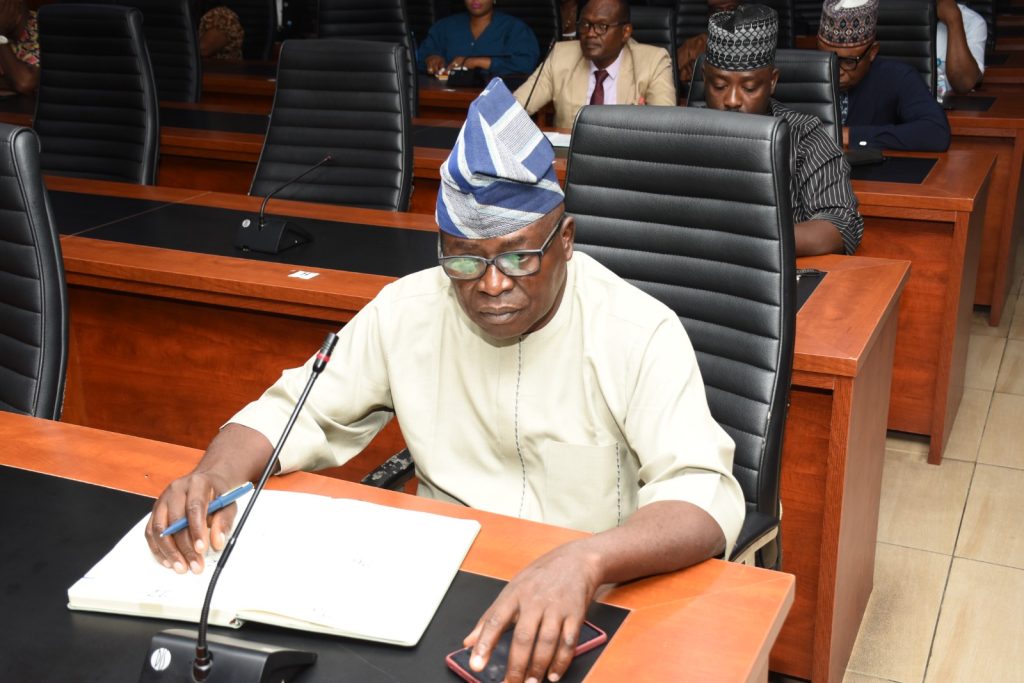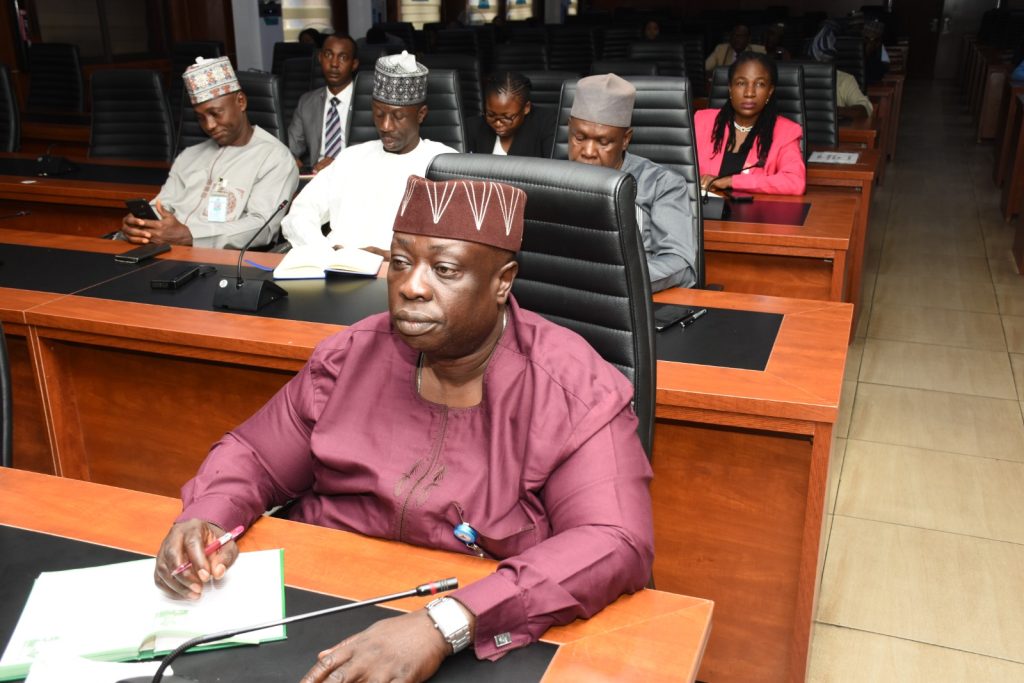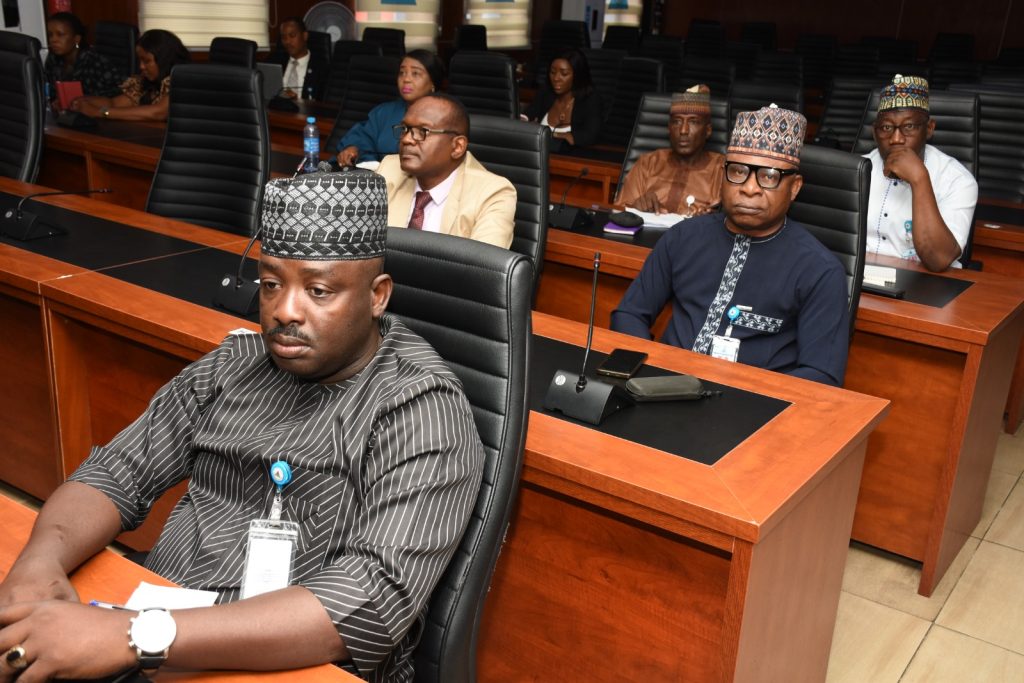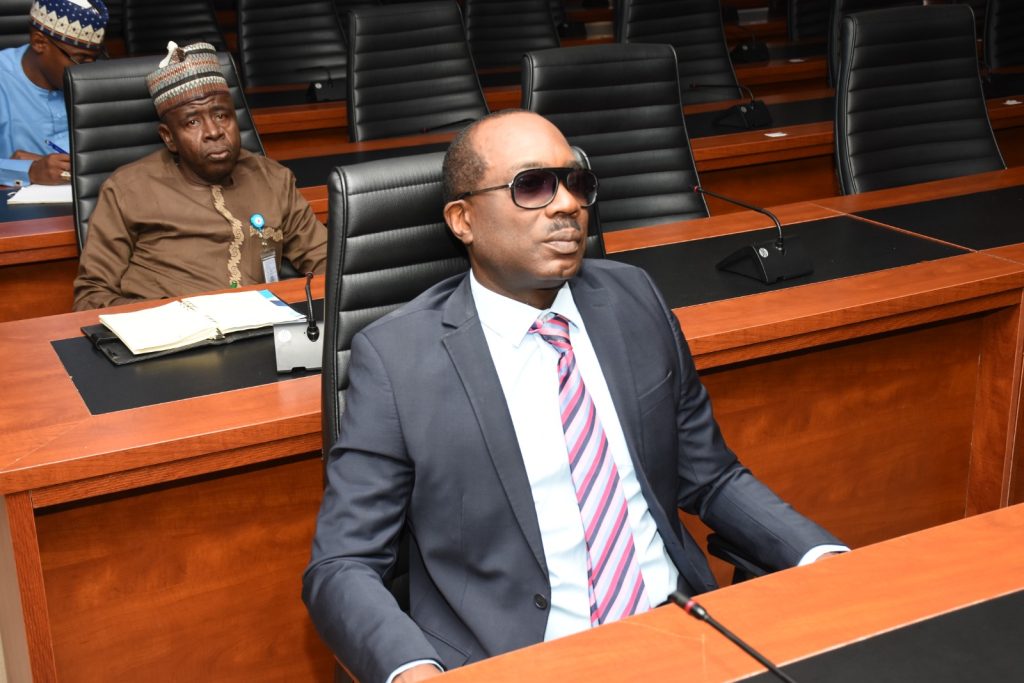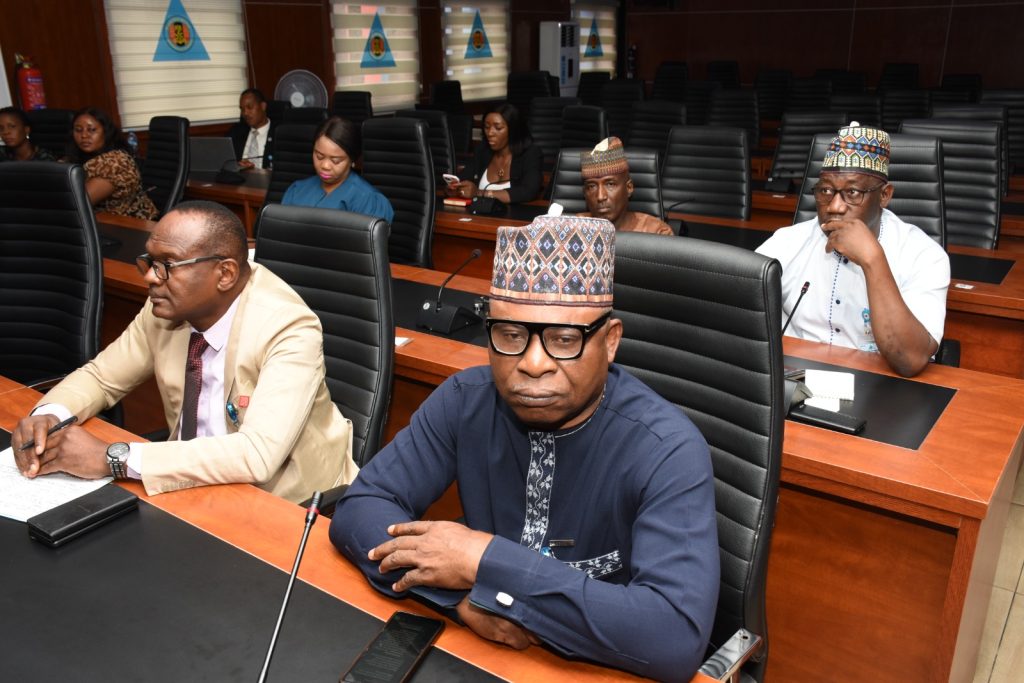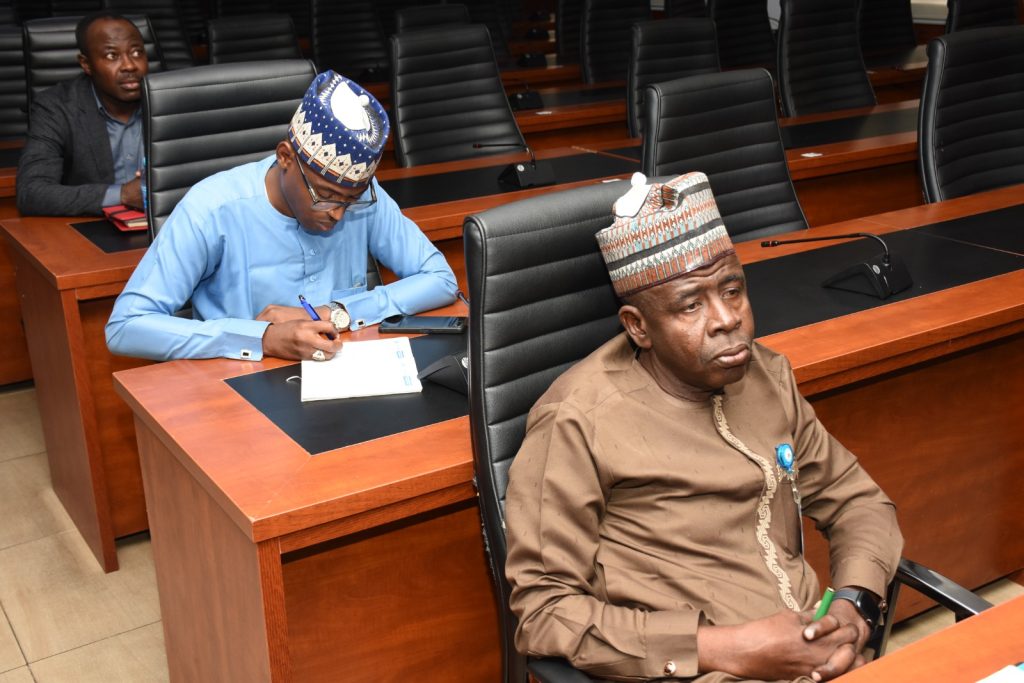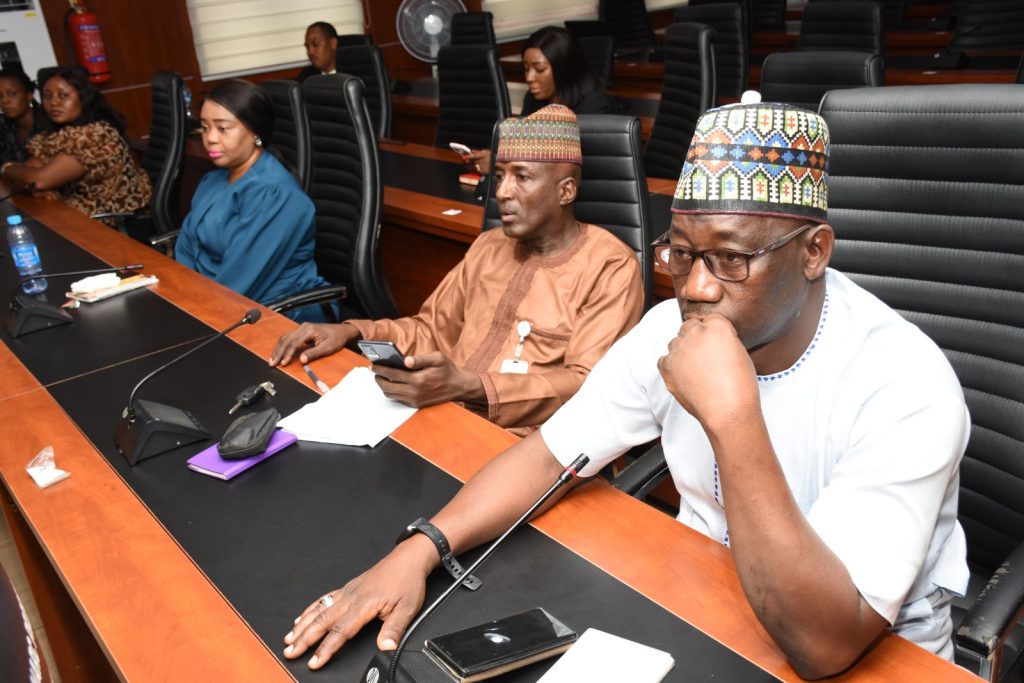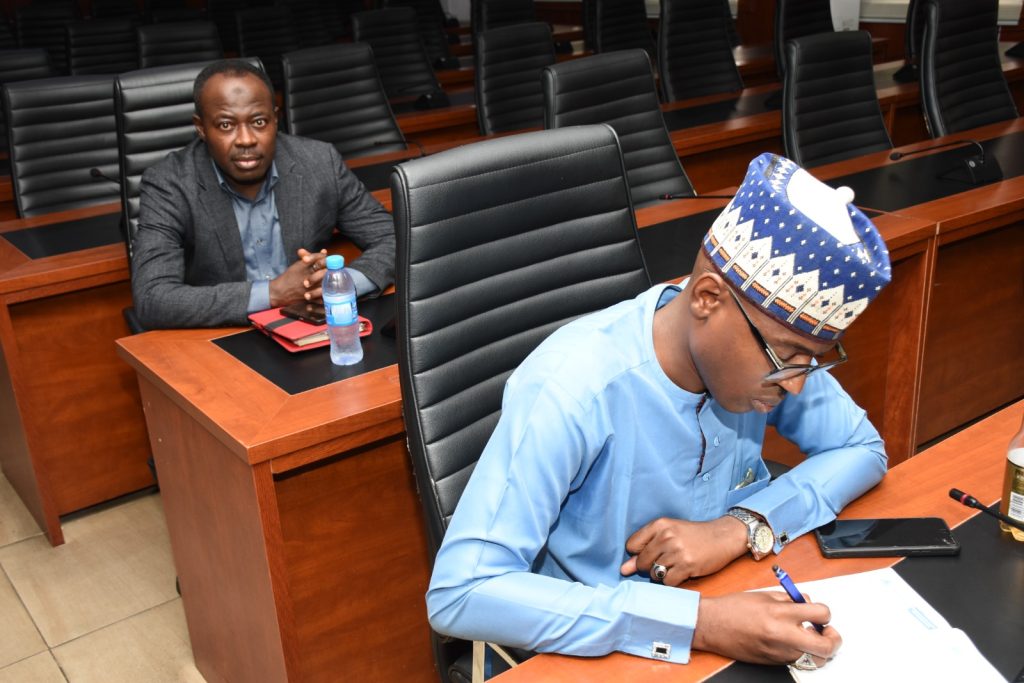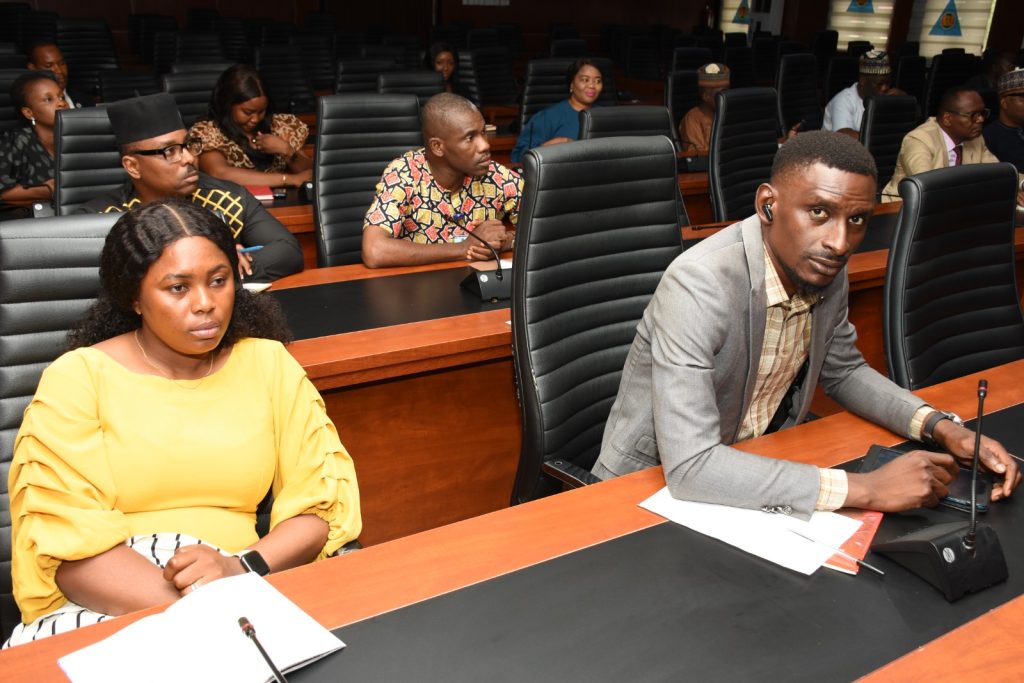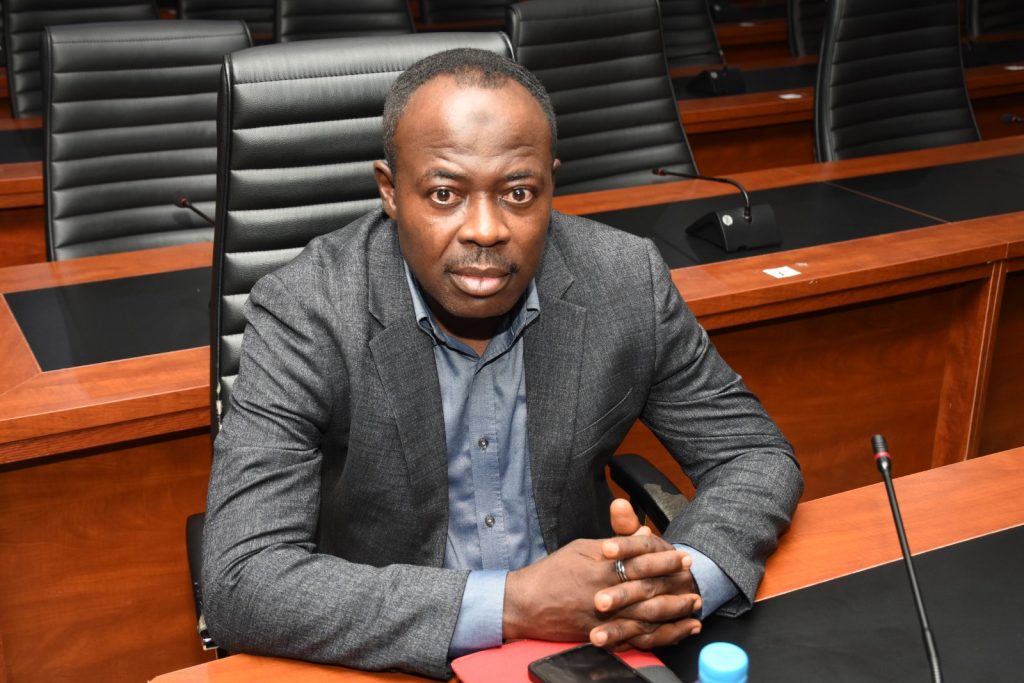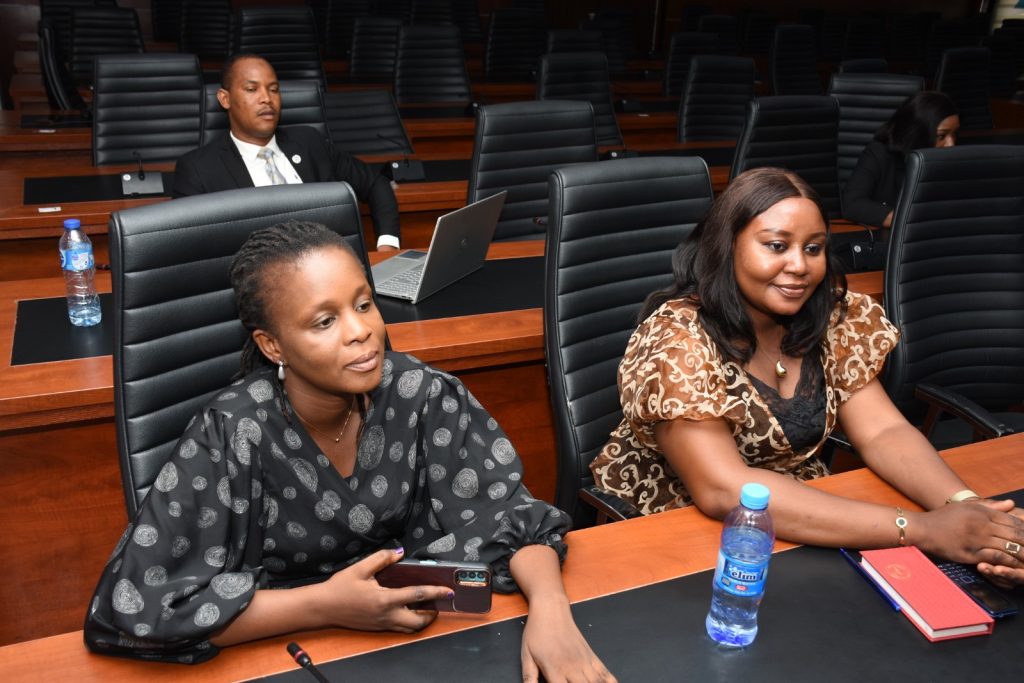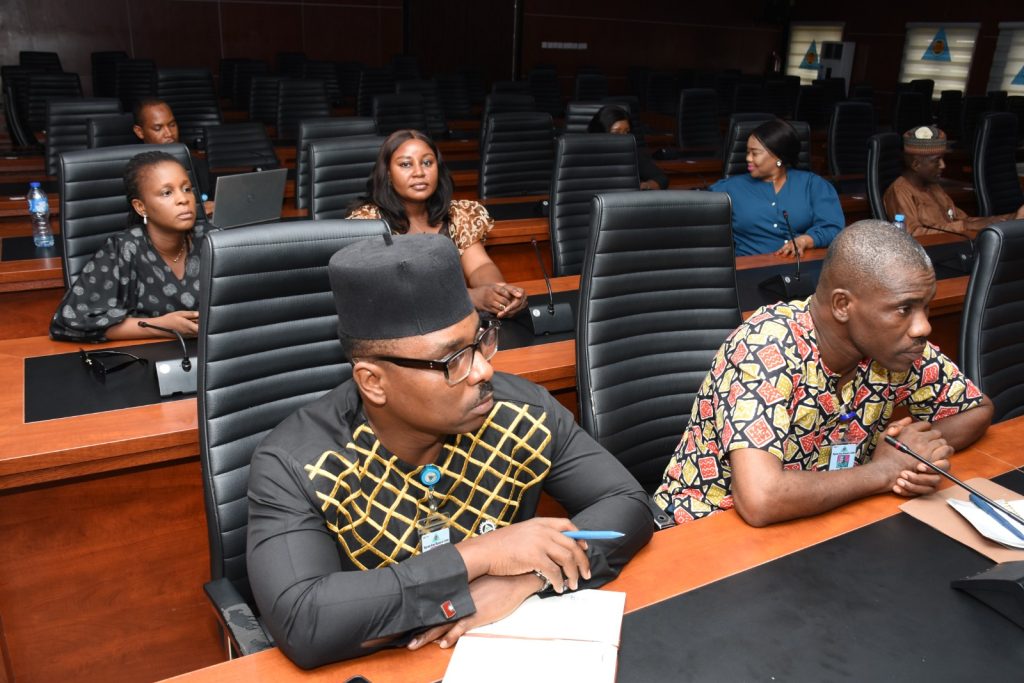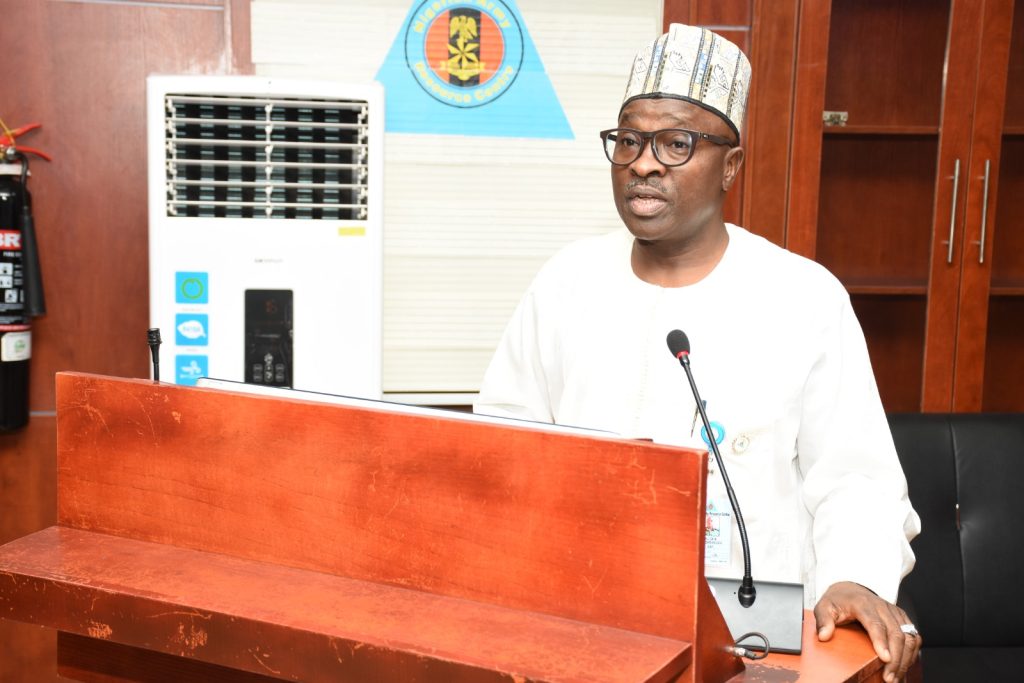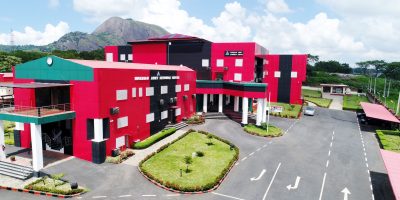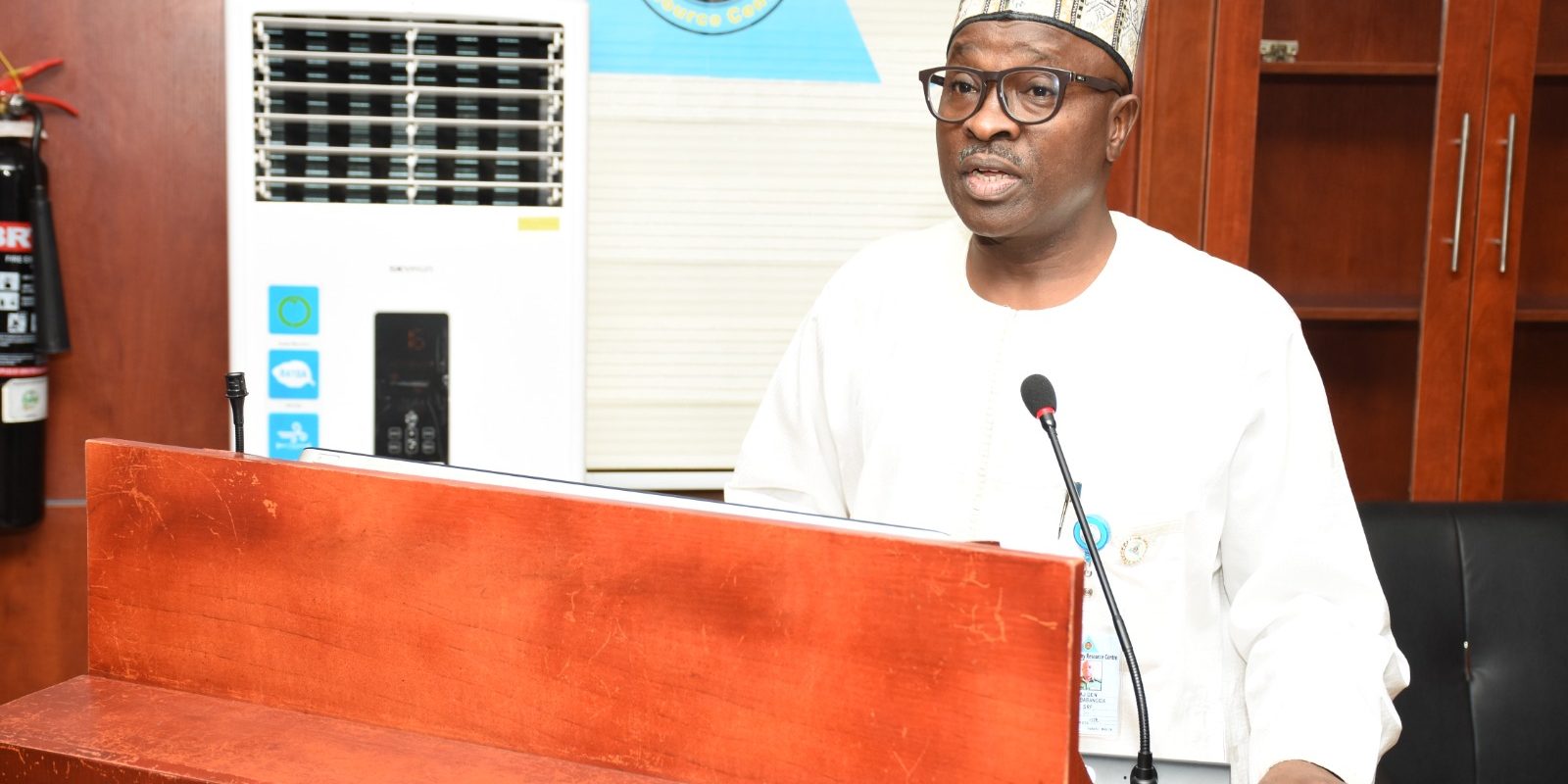Nigerian Army Resource Centre (NARC) Weekly Subject Experts’ Presentation was held at Hall C TY Buratai Block, Abuja. There were three presentations made by the Subject Experts on, United States of America, Nigeria and Indian Sub- Continent.
The first presentation was made by Maj Gen BA Tsoho subject expert on United States of America, his presentation Centered on how, Ex-Congressman George Santos Sentenced To Seven Years In Prison For Wire Fraud And Identity Theft. The Guardian News reported on 25 April 2025 that disgraced former U.S. Representative George Santos was sentenced to seven years in federal prison on Friday, 25 April 2025, for wire fraud and aggravated identity theft, (of nearly a dozen people to fund his congressional campaign) capping a stunning downfall for the former New York congressman. District Judge Joanna Seybert delivered the 84-month sentence in Central Islip’s federal courthouse, ordering Santos to pay $374,000 in restitution and forfeit $205,000. He is to report to prison by 25 July 2025.Santos, 36, pleaded guilty in August 2024 to two of 23 felony counts after a fraudulent campaign that propelled him to Congress in 2022. Prosecutors detailed a scheme where he misled donors, falsified Federal Election Commission (FEC) reports, and misused campaign funds for personal expenses like luxury goods, Botox, and Only Fans subscriptions. He also stole identities, charging donors’ cards without consent, and fraudulently claimed unemployment benefits during the pandemic. “Santos spun a web of lies to deceive voters and enrich himself,” said U.S. Attorney Breon Peace.
In his analysis and lessons for Nigeria Maj Gen BA Tsoho noted that, Nigeria operates a federal system of government with a presidential democracy modeled after the United States. Since its return to democracy in 1999 after decades of military rule, Nigeria has made significant strides in electoral processes and governance structures. However, its political environment remains fragile, marred by corruption, weak institutions, ethnic divisions, and eroding public trust. As the nation contends with these challenges, the critical need for a functional judicial system, accountability, unwavering political will, and the restoration of public trust becomes increasingly crucial. Nigeria’s political space has been dominated largely by two major parties, the All Progressives Congress (APC) and the People’s Democratic Party (PDP), both of which have faced allegations of internal crisis, imposition of candidates, and lack of ideological distinction. Elections, though frequent, are often disputed, with widespread reports of violence, ballot box snatching, vote-buying, and some level of manipulation (International Crisis Group, 2019). Furthermore, ethnic and religious identities heavily influence political loyalty, resulting in a governance culture where national interest is often sacrificed for regional or personal gain. The political environment has also been characterized by a patronage system where loyalty is rewarded over competence, further weakening institutional integrity and stifling development.
He recommended that, the EFCC, ICPC and related agencies should intensify and sustain their investigation and prosecution of politically exposed persons without unnecessary delays, to strengthen public trust.
The second presentation was made by Maj Gen UN Babangida subject expert on Nigeria, his presentation discussed on how, Insecurity Worsens: Herdsmen Kill over 144 in Plateau, Benue In 14 Days. On the night of Sunday, April 13, 2025, a devastating attack occurred in the Zike and Kimakpa communities within the Kwall District of Bassa Local Government Area, Plateau State, Nigeria. At least 47 people were killed, and many others were injured during this assault, which involved the burning of homes and destruction of properties. Local sources, including the Irigwe Development Association, confirmed the death toll and reported that the attack began around 8:00p.m. The victims were predominantly members of the Irigwe ethnic group, a Christian farming community. Eyewitnesses and local leaders have attributed the violence to suspected Fulani herders, who have been involved in longstanding conflicts over land and resources in the region. This incident is part of a series of violent attacks in Plateau State. Just over a week prior, more than 50 people were killed in Bokkos Local Government Area under similar circumstances. These recurring attacks have intensified concerns about the security situation in the region. In response to the latest attack, President Bola Tinubu condemned the violence, ordered a thorough investigation, and expressed condolences to the victims’ families. Despite these measures, Amnesty International reported that between December 2023 and February 2024, over 1,300 people were killed in Plateau State, highlighting the ongoing challenges in addressing the violence. The herder-farmer conflicts in Nigeria, particularly in central regions like Plateau State, are complex and multifaceted, involving disputes over land use, religious tensions, and ethnic divisions. The Fulani herders and the local farming communities have been at the center of these conflicts, which have persisted for decades.
The international community and local organizations continue to call for comprehensive strategies to address the root causes of these conflicts and to implement effective security measures to protect vulnerable communities.
In his analysis and lessons for Nigeria Maj Gen UN Babangida stressed out that, the recurring attacks in Plateau State, including this most recent one where 47 people were killed, reflect a consistent failure in Nigeria’s internal security architecture. Despite the presence of security agencies, attackers continue to operate with impunity, often with little to no immediate consequence. The Plateau conflict is deeply rooted in ethnic, and land-use issues: Indigenous farming communities clash with nomadic herders, Climate change and desertification have intensified pressure on land, pushing herders southward, leading to competition for scarce resources and Lack of proper land tenure systems exacerbates the situation, making disputes over ownership and access to land more volatile. The slow pace of intervention from state and federal authorities allows violence to escalate before security agencies act. The delayed condemnation or superficial responses undermine public trust in government and security institutions. Most of these attacks are premeditated and coordinated, suggesting the presence of informants and weapons. Yet the absence of early warning systems or actionable intelligence response demonstrates poor surveillance and lack of community policing frameworks. Statistical evidences suggests that the rising death toll has become normalized. With over 1,300 deaths in Plateau State between December 2023 and February 2024 (according to Amnesty International), it’s clear that these incidents are not isolated—they are part of a larger humanitarian and national security crisis. Strengthen local policing with community-based intelligence networks, establish rapid-response units in high-risk areas like Plateau, Benue, and Southern Kaduna, Provide military and police with better training in conflict-sensitive interventions. Implement clear and enforceable land tenure reforms to reduce disputes. Provide alternative livelihoods for herders, including ranching programs and grazing reserves. Encourage inter-ethnic and inter-religious dialogue to rebuild trust between communities. Establish special courts or tribunals to try perpetrators of communal violence. Ensure transparent investigations and publicized convictions to deter future attacks. Compensate victims and rebuild destroyed communities to demonstrate government presence and empathy. In recent times, Benue State, known as the “Food Basket of the Nation,” faces agricultural collapse due to insecurity. Food shortages, inflation, and worsening poverty levels across the country are inevitable if such attacks continue.
He recommended that The Federal government should declare a national emergency on rural and communal violence to mobilize urgent resources and attention. Enforce land reform policies to clearly define land ownership and usage rights, reducing herder-farmer conflicts. Invest in peace building and post-conflict reconstruction programs for affected communities.
Lastly the third presentation was made by Maj Gen JD Omali subject expert Indian Sub- Continent his presentation focused on, India Confident of Achieving Steel Production Target By 2030, Official Says. On 24 April 2025, Reuters News reported that India is on track to meet its goal of expanding steel production capacity to 300 million tons by 2030, according to Steel Secretary Sandeep Poundrik. The move is part of the government’s broader strategy to reduce reliance on imports and strengthen the domestic industry. As the world’s second-largest producer of crude steel, India has introduced a temporary 12% tariff on certain steel imports to address the surge of cheaper shipments, particularly from China. In the 2024–25 fiscal year, India’s crude steel production reached 151.1 million tons, while its overall steelmaking capacity stood at nearly 200 million tons. The country has set a target to boost crude steel capacity to 300 million tons by 2030–31.
Provisional government data indicates that India was a net importer of steel during the last fiscal year, with imports rising to a nine-year high of 9.5 million tons in 2024–25.
In his analysis and lessons for Nigeria Maj Gen JD Omali pointed out that, Nigeria’s journey toward steel development began in the 1970s, with the establishment of the Ajaokuta Steel Company Limited (ASCL) and Delta Steel Company (DSC). These initiatives, fueled by the oil boom, were intended to catalyze Nigeria’s industrial base and reduce dependency on imported steel. However, despite heavy investments, both projects suffered from chronic mismanagement, political instability, and inconsistent government policies (Ejumudo, 2014). The Ajaokuta project, which was designed to produce 1.3 million tonnes of steel annually, remains largely incomplete after over four decades, symbolizing Nigeria’s broader struggles with industrial policy execution (Suleiman, 2019). Economically, steel acts as a catalyst for industrialization. Industries such as automobile manufacturing, shipbuilding, construction, and energy heavily rely on steel. According to the World Steel Association (2023), a nation’s per capita steel consumption is often a reliable indicator of its industrial development.
Furthermore, a thriving steel industry offers vast employment opportunities across the value chain, from mining and production to transportation and services. In South Korea and India, for instance, the steel sector supports millions of jobs directly and indirectly (World Bank, 2020). Presently, Nigeria spends billions of naira annually on steel imports, contributing to a massive trade deficit.
Developing local capacity would save foreign exchange, increase government revenue through taxation, and provide products for export to neighboring African markets, especially under the African Continental Free Trade Agreement (AfCFTA). Similarly, steel development will enable Nigeria to diversify its economy beyond crude oil. As Ogundipe and Oluwatobi (2019) note, excessive dependence on oil has exposed Nigeria to volatile global commodity prices, making economic diversification through industries like steel essential for financial stability and sustainable growth.
He recommended that, the Federal Ministry of Steel Development should set clear industrial targets and implement supportive policies to strengthen local industries and reduce reliance on imports.
